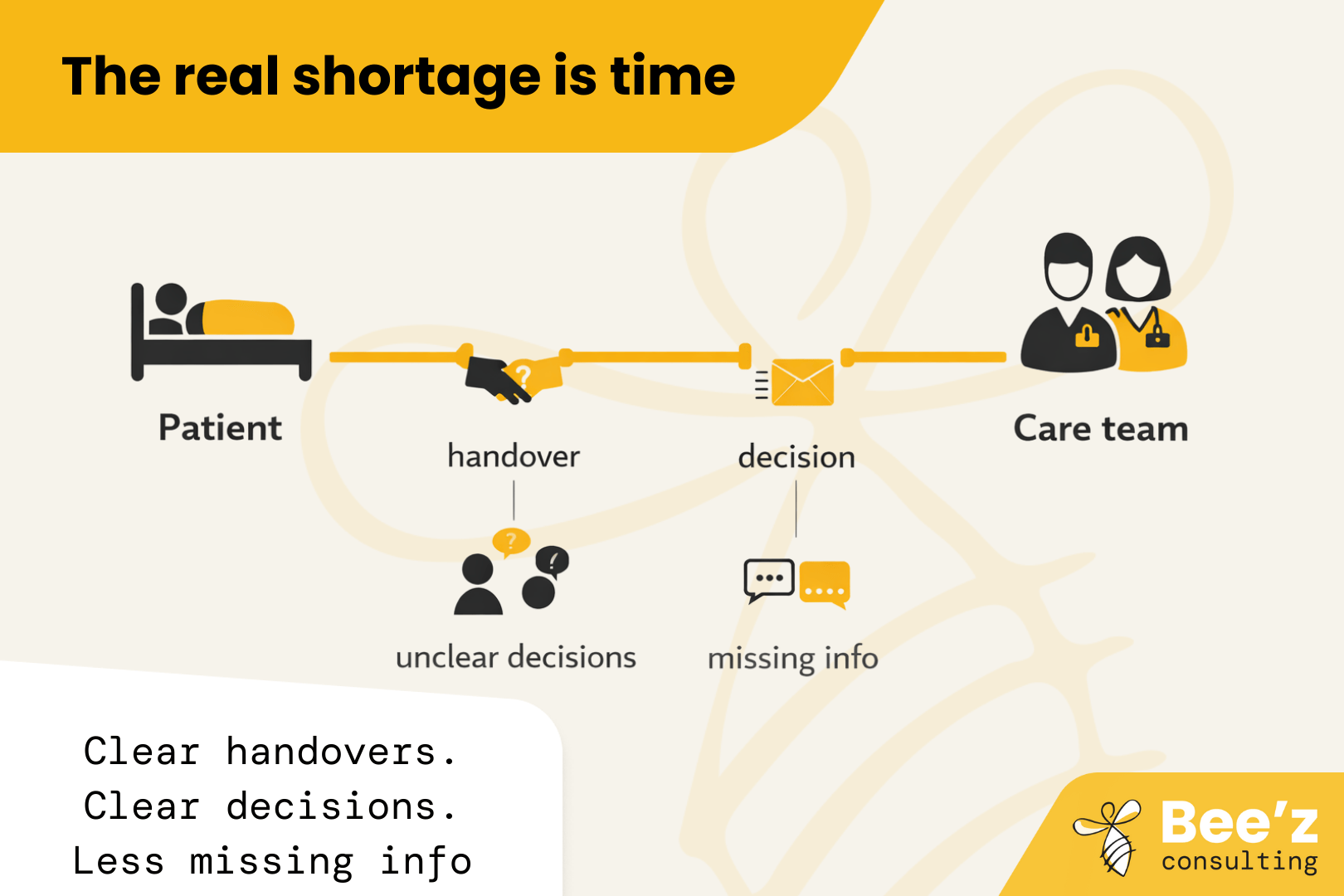
Change is a natural part of life—but for most of us, it doesn’t feel natural at all.
Although change is often inevitable, our instinct as humans is to fight against it—as if our survival depended on staying exactly where we are. Sound familiar?
The truth is, resisting change can be exhausting. You don’t have to keep swimming upstream against every new current life brings. Instead, understanding why you resist change can help you manage it better—and even embrace it to unlock new possibilities for your life, career, and well-being.
Here are four key psychological reasons we resist change—and what you can do about each one.
Did you know that parts of our brain haven’t evolved since the Stone Age?
The “primitive brain” (also called the reptilian brain) is hardwired to protect us. Its number-one job is survival—so any deviation from the known path automatically triggers fear, anxiety, or self-doubt.
That’s why change—even positive change—feels so uncomfortable.
Next time you're launching something new or facing a life pivot, notice the fear. Then smile and remind yourself: it’s just your brain doing its job. You don’t have to listen. You’re safe to move forward.
Change often brings a lot of unknowns.
Starting a new job? You don’t know what your colleagues will be like, or how your days will go. Moving to a new city? You’re navigating unfamiliar streets, people, and routines.
This uncertainty sends our nervous system into “fight or flight” mode, which can cause resistance—even when we want the change.
What helps: grounding practices like mindfulness, journaling, or breathwork can help calm your nervous system and give your mind the space to explore change with curiosity instead of fear.
Most things in life are temporary: jobs, relationships, seasons, even our beliefs.
But the brain loves familiarity. When change threatens what we’ve grown used to—even if it’s not healthy or fulfilling—we tend to resist.
We romanticize “the way things were” or hold on to stories about the past. This makes it harder to fully engage with the present and move toward the future.
Awareness is the first step. Notice when you’re idealizing the past—and gently shift your focus to what new doors might be opening.
Fear of failure is one of the most common reasons people avoid change.
It shows up as procrastination, perfectionism, or anxiety. Why? Because change introduces uncertainty—and with uncertainty, success is not guaranteed.
Resisting change can feel like self-protection. But in the long run, it often leads to exactly what you feared: burnout, regret, or missed opportunities.
When you avoid change for too long, you might find yourself clinging to outdated jobs, habits, or relationships that no longer serve you—just because they’re “safe.”
The truth is, everyone needs change at some point in their life. But recognizing when it's time isn’t always easy.
That’s why we created a simple, free self-assessment to help you take stock of where you are and identify what changes might serve you best.
👉 [Take the self-assessment now] and start building your roadmap to confident, intentional change.


AI is already inside hospital workflows. Learn how CEOs, COOs, CIOs, and CTOs can govern it in Switzerland and the EU, and build proof of control fast.


Patient experience starts before the bedside. Fix staff-to-staff handovers with two simple habits that cut friction, boost clarity, and build trust fast.


The real shortage is time with patients. “Thrive” is the missing lever. Fix daily workflow friction so hiring and retention finally pay off.
